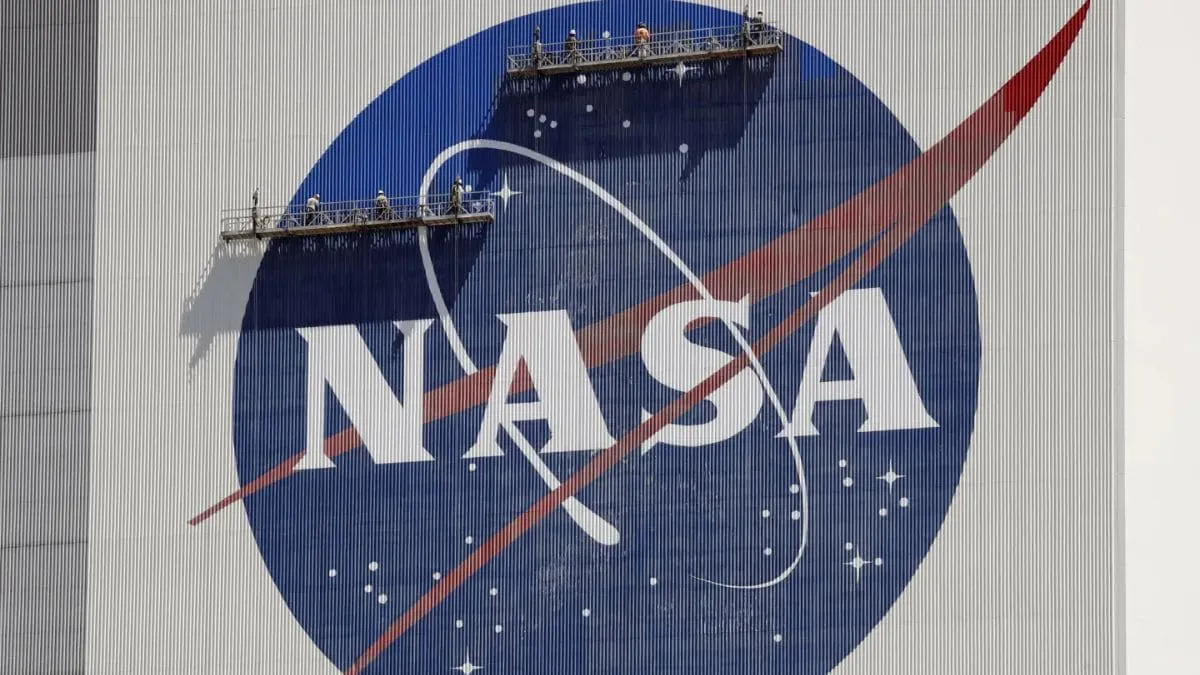
The recent budget proposals by the Trump administration have sparked significant concern regarding the future of NASA and its extensive scientific programs. These proposed cuts are poised to reduce NASA's resources to levels not seen since before the historic first human spaceflight in 1961. The administration's suggested budget reductions represent the steepest percentage decline ever proposed for the agency in a single year, raising alarms about the future of American leadership in space exploration.
According to a report from Wired, while previous administrations have adjusted NASA's mission priorities, the current administration's direction is perceived as a systematic dismantling of the agency's scientific capabilities. Casey Dreier of the Planetary Society has characterized this shift as reminiscent of witnessing the “death of an ideal.” He argues that it signifies not just a loss of technical expertise but also a significant diminishment of the United States' collective imagination and aspirations in space exploration.
At the core of the controversy surrounding NASA's budget cuts is the potential cancellation of 41 missions, both planned and ongoing. These ventures, as outlined in NASA's internal assessments, include critical projects ranging from probes aimed at exploring the outer solar system to vital climate-monitoring satellites. Among the most significant casualties could be the Mars Sample Return program, a highly ambitious initiative designed to bring Martian soil and rock back to Earth for in-depth analysis. This mission, which has been in the works for decades, has already produced sealed samples via the Perseverance rover, putting their future in jeopardy as they risk being stranded indefinitely on Mars.
The proposed budget cuts have not only endangered key missions but have also created instability within NASA's workforce. Reports indicate that approximately 4,000 employees, including over 2,000 senior leaders, are expected to leave through voluntary buyouts, attrition, or early retirements. The loss of such experienced personnel threatens to erode the institutional knowledge necessary for executing complex interplanetary missions. Former NASA engineer Steve Rader described a prevailing atmosphere of “sadness and paranoia” following the White House's proposals, with meetings once filled with dedicated leaders turning into gatherings where many expressed intentions to depart the agency.
One of the most consequential aspects of the proposed budget cuts is the potential termination of the radioisotope power systems (RPS) program, which develops the nuclear batteries required to power spacecraft in environments where solar energy is insufficient. These power systems have been crucial for missions such as the Voyager probes, which continue to send signals from interstellar space, as well as the Curiosity and Perseverance rovers on Mars. The RPS program, which costs NASA approximately $175 million in 2024, is facing significant reductions, leaving future outer solar system missions at risk, particularly after the planned deployment of the Dragonfly drone to Titan. Experts warn that dismantling this production pipeline could be nearly irreversible and would take decades and billions of dollars to rebuild.
The potential cancellation of the RPS program jeopardizes the highest-priority planetary science mission of the next decade—the Uranus mission. In 2022, the US space science community identified this mission as a critical goal, recognizing the potential for groundbreaking discoveries about ice giant planets and their moons. Given Uranus's distance of over two billion kilometers from Earth, any probe sent there would rely heavily on nuclear power for its survival. Although the White House has not officially announced the cancellation of the Uranus project, researchers argue that eliminating the RPS program effectively spells the end for this ambitious mission.
The ramifications of dismantling the RPS program extend well beyond the Uranus mission. Cornell University scientist Alex Hayes emphasized that some of the most promising environments for potential extraterrestrial life—such as the subsurface oceans of Saturn’s moon Enceladus—cannot be effectively studied without nuclear-powered spacecraft. Hayes cautioned that dismantling RPS would severely restrict NASA’s ability to explore beyond Saturn, effectively cutting off access to the scientific frontiers of the outer solar system. Furthermore, abandoning RPS undermines even near-term aspirations, including sustainable lunar bases and Mars expeditions, as dust storms on Mars and prolonged nights on the Moon render solar energy unreliable.
As the Trump administration retreats from nuclear power systems, other nations are advancing their own nuclear space power initiatives. Russia has maintained its capabilities for decades, while countries like China, India, and various European nations are developing alternatives. Europe's research into americium-241, although less efficient than plutonium-238, underscores the recognition of nuclear power as a strategic necessity. Experts warn that the US's withdrawal from this critical field could result in ceding leadership in deep-space exploration to international competitors.
Resistance to the proposed budget cuts has emerged both within and beyond NASA. Over 300 agency staffers signed a public dissent letter known as “The Voyager Declaration,” condemning the administration's actions as “rapid and wasteful” changes that undermine NASA's mission. Advocacy groups like the Planetary Society have mobilized efforts to urge Congress to restore funding, particularly for the RPS program.
Beyond the technical and political battles, there is a profound symbolic dimension to the potential dismantling of NASA's scientific programs. NASA has long represented the American spirit of exploration and innovation, standing as one of the most admired federal institutions across party lines. Polling conducted in 2024 revealed that 67 percent of Americans view NASA favorably—a level of bipartisan approval matched only by the National Parks Service and the Postal Service. For many, the dismantling of NASA's scientific endeavors signifies something much larger than mere fiscal restraint. As this debate unfolds, scientists caution that the damage inflicted may be irreversible, leaving the trajectory of NASA under the current budget proposals uncertain.